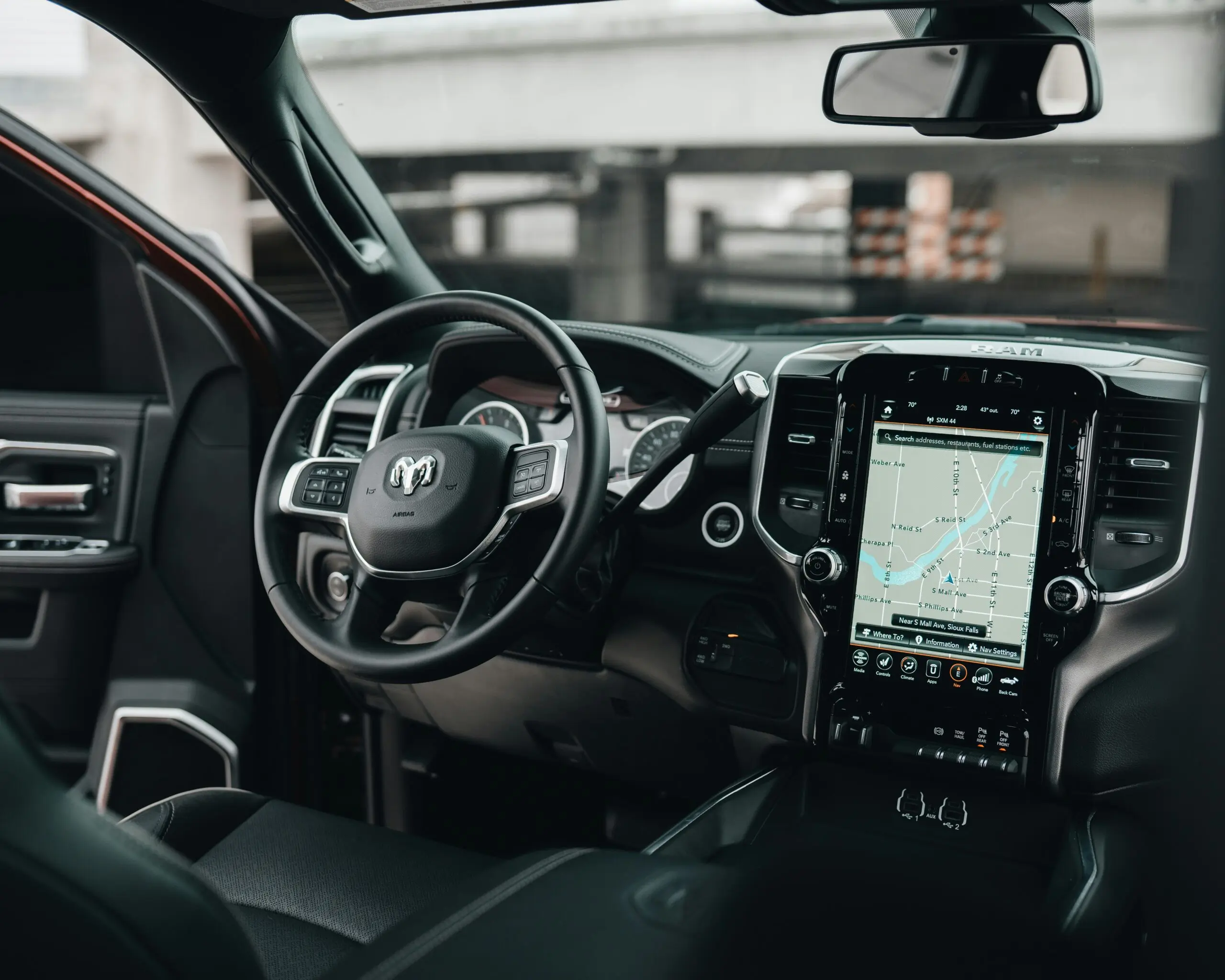With an agreed value car insurance policy, you and your insurer decide your car’s value at the start of the policy. If it crashes or is stolen, your insurer will pay out up to the agreed amount, rather than basing the payout on market value like an ordinary policy.
That’s because agreed value car insurance is not meant for everyday cars. Designed for vehicles that hold their value especially well, it’s a great option if you want peace of mind for a classic, custom or otherwise high-value car.
How agreed value car insurance works
Protecting your investment with agreed value coverage will likely include more steps than applying for a typical car insurance policy. Due to that guaranteed coverage, these types of policies tend to cost more than standard coverage as well.
Your agreed value policy usually begins with a vehicle appraisal, statement of value and/or other documentation to prove your car’s value. Through this process, you and your car insurance company will agree on how much they’d cover the car for if it were completely totaled. You’ll also determine the limit of your comprehensive and collision coverages, minus any deductible.
Once your agreed value is set, it won’t be affected by depreciation; if you file a claim for a covered loss, you’re entitled to a payout up to the full “agreed value” of your car. For example: You purchase a policy for your classic car with an agreed value of $50,000, and it is destroyed in a flood years later. Once your claim is approved, you will receive a $50,000 payout minus any deductible.
Agreed value vs. stated value vs. actual cash value
A full coverage auto policy with comprehensive and collision insurance will reimburse you for your vehicle’s actual cash value (ACV) if it’s totaled or stolen, minus your deductible. The actual cash value of your car refers to its value at the time of loss accounting for any depreciation.
That amount may not accurately represent a classic or high-value vehicle’s worth in the collector car market, but insuring a fancy car often comes with a comparably high price tag. Agreed value policies that guarantee a higher payout tend to cost more than standard policies, but there is a third option.
If you’d prefer to keep your rates low and your vehicle decently protected, you may be better served by a stated value car insurance policy. This also provides coverage up to a specific amount, but only if it’s lower than the vehicle’s ACV.
Of the two, agreed value insurance offers a higher level of protection, making it a safer — yet more expensive — bet for high-value and collector vehicles. Chances are, with all you’ve invested in your collector car, the peace of mind will be worth it.
Who offers agreed value insurance?
Agreed value insurance companies range in size, but if an auto insurer offers classic car insurance, there’s a good chance they also sell agreed value car insurance. Most of these insurers are specialty providers, such as American Collectors, American Modern, Grundy, Hagerty and Heacock Classic Insurance.
That said, many big car insurance companies — including Safeco, State Farm, Progressive and GEICO — also sell agreed value car insurance policies. While these policies are sometimes filled by the smaller specialty insurers listed above, you may receive a bundle discount if you already have a policy through the larger carrier.
FAQs
-
Are agreed value and guaranteed value the same thing?
-
Does agreed value insurance have a deductible?
-
Is agreed value the same as replacement cost?

Megan Lee is an editor, writer, and SEO expert who specializes in insurance, personal finance, travel, and healthcare. She has been published in U.S. News & World Report, USA Today and elsewhere, and has spoken at conferences like that of NAFSA: Association of International Educators. Megan has built and directed remote content teams and editorial strategies for several websites, including NerdWallet. When she`s not crafting her next piece of content, Megan adventures around her Midwest home base where she likes to drink cortados, attend theme parties, ride her bike and cook Asian food.

Lacie Glover is a Lead Writer and Editor with sixteen years’ experience in the insurance category. Prior to Jerry, she spent more than a decade on NerdWallet’s content team writing, editing and then overseeing the auto insurance category, as well as dabbling in other insurance and automotive topics. Prior to her career in the online personal finance content space, Lacie spent time in the hard sciences, in clinical research and chemistry labs. She has a bachelor’s degree from Colorado State University.








